World 1901-present
Some of the most profound and influential changes in world history take place from 1901 to today and covered here are many of the important and well known ones as well as some of the smaller stories. In terms of reach this section covers huge themes on diplomacy, post imperialism and economics. The articles cover the time period right up into recent events such as the State of the Union address by the US President Barrack Obama.
Sort by:
Date (Newest first) | Title A-Z
Show:
All |
Articles |
Podcasts |
Multipage Articles
-

Developing transferable knowledge at A-level
ArticleClick to view -

The shortest war in history: The Anglo-Zanzibar War of 1896
ArticleClick to view -

Triumphs Show 156: Fresh perspectives on the First World War
ArticleClick to view -
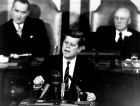
'But why then?' Chronological context and historical interpretations
ArticleClick to view -
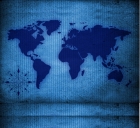
Polychronicon 156: The transnational history of the First World War
ArticleClick to view -
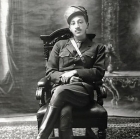
Afghanistan in the 1950s - Films
ArticleClick to view -

We Remember Rwanda
ArticleClick to view -
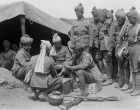
India in 1914
ArticleClick to view -
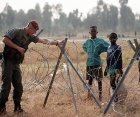
Bringing Rwanda into the classroom
ArticleClick to view -
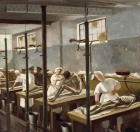
Learning lessons from genocides
ArticleClick to view -
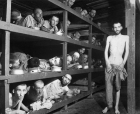
Can we educate Year 9 in genocide prevention?
ArticleClick to view -

Helping Year 9 debate the purposes of genocide education
ArticleClick to view -

An authentic voice: perspectives on the value of listening to survivors of genocide
ArticleClick to view -

Building an overview of the historic roots of antisemitism
ArticleClick to view -
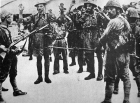
The Fall of Singapore 1942
ArticleClick to view -
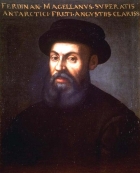
The Great Powers in the Pacific
ArticleClick to view -
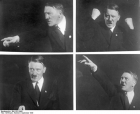
The Origins of the Second Great War
ArticleClick to view -
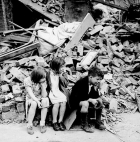
The Coming of War in 1939
ArticleClick to view -
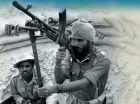
India and the British war effort, 1939-1945
ArticleClick to view -
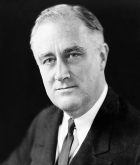
Franklin D. Roosevelt and the New Deal
ArticleClick to view

